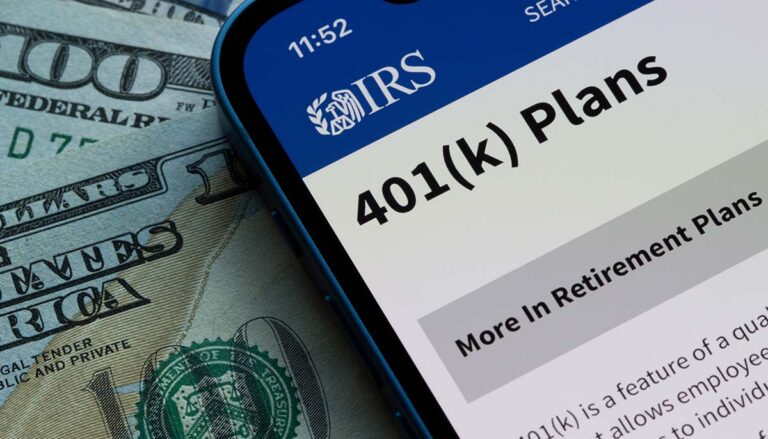A new tax law passed in late December, Secure 2.0, will create seven new retirement rules that bring big changes to 401(k) and IRA retirement savers and help them put more money away for their futures beginning in 2023.
New Secure Act 2.0 will make saving for retirement easier
Congress has approved the Secure Act 2.0, a series of new laws that will bring big changes to 401(k) and IRA retirement savers and help them put more money away for their futures.
The changes went into effect in 2023, although some of the changes will roll out over the course of a few following years. All are part of a $1.7 trillion spending bill Congress passed in late December, Yahoo and Fortune reported.
Dozens of major changes for retirement
There are many major changes, including:
-Upping the age of required minimum distributions (RMDs).
-Increased catch-up contributions and limits will be increased for inflation each year, Allowing unused 529 funds (tax-advantaged savings plan for college expenses) to roll over to a retirement account penalty-free.
-Catch-up Roth contributions.
-Roth 401(k) matching.
-401(k) savings accounts.
-Emergency 401(k) and IRA withdrawals.
-401(k) automatic enrollment.
-National 401(k) registry.
-Student loan payment matched to make it easier for workers with student loans to save for retirement.
-Starting in 2024, if you earn $145,000 or more, the new law requires those catch-up contributions be treated as Roth contributions and therefore taxed in the year you make them.
Changes with Roth, SIMPLE and SEP IRAs
The value of a Roth IRA is that taxes are paid prior to contributions. Therefore, your money can grow and then be drawn in retirement tax-free, CNN reports.
Both SEP IRAs and SIMPLE IRAs, mostly used by self-employed persons and small businesses, will now be permitted to be designated as Roth IRAs if a small business owner chooses and goes into effect in 2023.
The new law will let participants have the option of specifying that employer matching funds be either pretax or after-tax into a Roth account, as long as those matches are considered fully vested, that is, all yours when you leave the company.
7 new rules that will help boost retirement
Secure Act 2.0 is the result of lawmakers working over the summer to tie three bills together – two from the Senate and one from the House – into a single package, CNN reported.
There are dozens of major changes, but in particular, seven new retirement rules that Congress is seeking to put in place will be aimed at boosting retirement savings.
1. Require auto enrollment in 401(k) plans.
2. Introduce employer contributions for student loan payments.
3. Increase the age for required minimum distributions to 75.
4. Help employees build and access emergency savings. This would include a penalty-free withdrawal of up to $1,000 a year for emergencies.
5. Starting in 2025, raise catch-up contribution limits for older workers. Allow those between ages 60 and 64 (age range is not finalized yet) to contribute $10,000 instead of $6,500.
6. Enhance and simplify the Saver’s Credit.
7. Make it easier for part-time workers to save.





